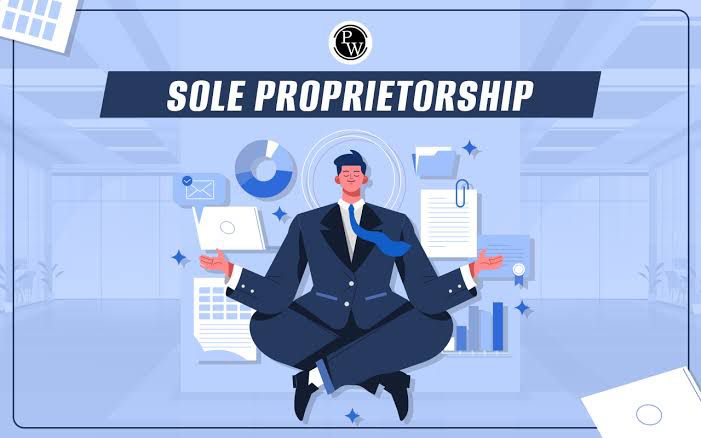

Running your own business changes your life in so many ways, why would doing your income tax be any different?
Whether this is your first year of filing your taxes as a business or you’re an old hand, here’s a refresher on the three main ways being a sole proprietor changes the process of doing and filing your income tax.
Self-employed people such as sole proprietors have until June 15th to file their income tax. This applies to spouses too, so if your spouse or common-law partner is self-employed, you also have until June 15th to file. However, note that the payment due date for any balances owing on your income tax was April 30th.
You report your business income as well as your personal income on your T1 income tax return.
• You don’t need a s
eparate or different tax return to report your business income.
• You report your worldwide total income on the T1 general income tax return.
So if you have several different businesses, or employment income as well as business
income, or
investment or pension income for that matter, it all gets reported on the same tax return.
• Business income is reported on Form T2125, which is part of the T1 return.
• If you have more than one business, you will need to use a separate T2125 form for each.
All your business tax deductions are reported on Form T2125 – Statement of Business or
Professional Activities.
Business expenses include, but are not limited to:
• Capital cost allowance (CCA)
• Advertising fees
• Start-up costs (including interest and fees on money borrowed for your business)
• Delivery or shipping costs
• Legal, accounting, and similar professional fees
• Office supplies
• Telephone, Mobile phone, and Internet (were used for business)
• Utility costs
• Interest and bank charges
• Business tax, fees, licenses and dues
• Insurance expenses
• Meals and entertainment
• Office expenses
• Salaries, including employer's contributions
• Business start-up costs
• Motor vehicle expenses
All of your business expenses and deductions will be recorded on Form T2125 and then subtracted from your business income, resulting in your net business income or loss.